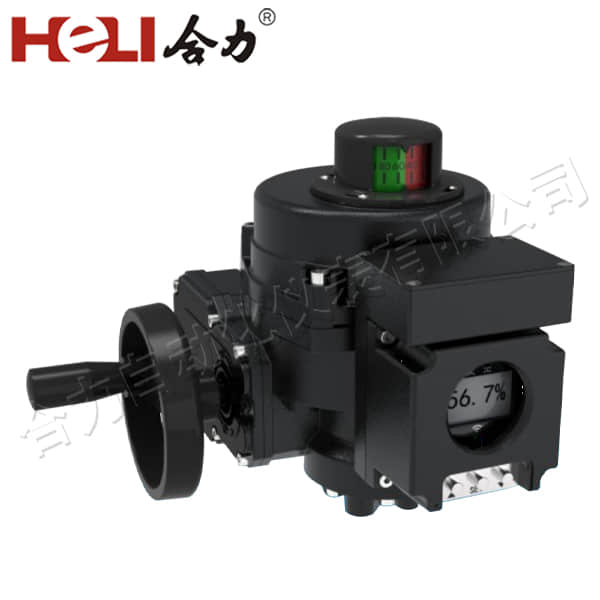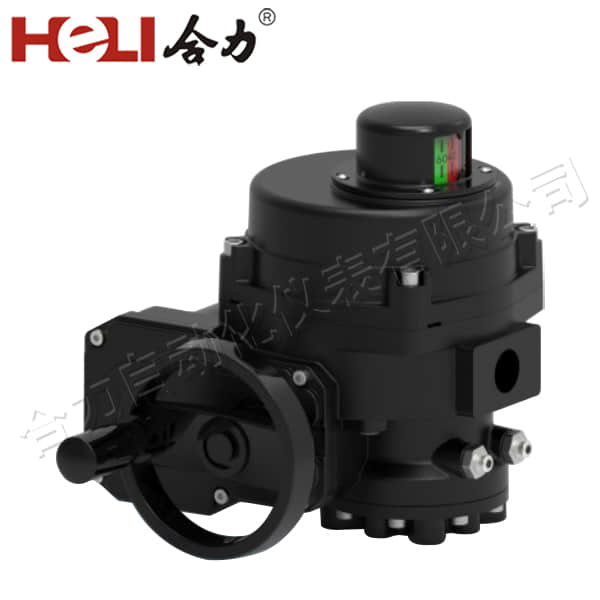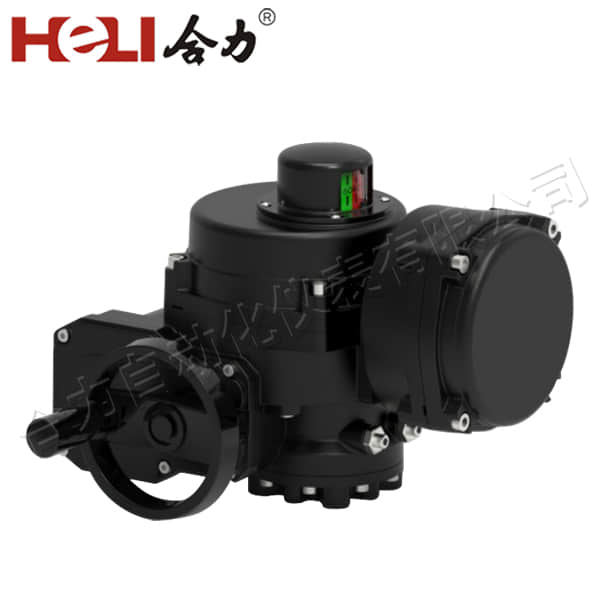
Electric actuators play a pivotal role in modern automation and control systems, offering precise and efficient methods for converting electrical energy into mechanical motion. Unlike traditional pneumatic or hydraulic actuators, electric actuators utilize electrical energy to produce movement, making them increasingly popular in various applications across multiple industries. This article delves into the working principles, types, applications, and benefits of electric actuators, highlighting their significance in today’s technological landscape.

Working Principles

